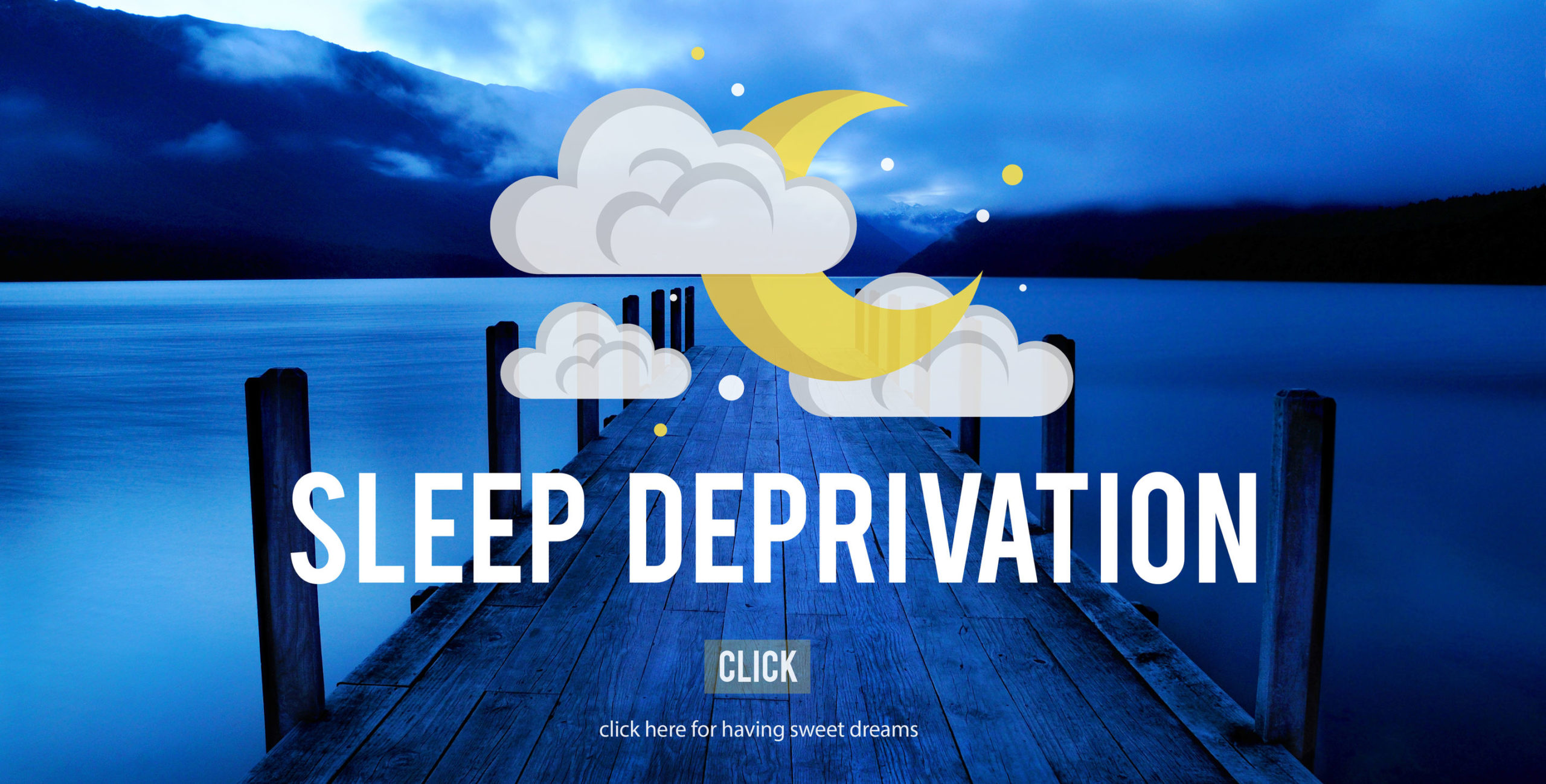Sleep Deprivation and How It Affects Women


With over-scheduled days full of early-morning conference calls and endless to-do lists, it’s impossible to avoid the stress that comes with working hard. Hand-in-hand with all that pressure, a lack of quality sleep can lead to sleep deprivation, aches and pains, stiffness, sore muscles, tingling or numbness in your extremities, general fatigue, as well as an increased risk of getting sick.
According to the National Sleep Foundation, the average adult needs 7-9 hours of sleep a night. In fact, a survey by Mattress Firm showed a correlation between stress and those who receive less sleep than recommended.
Twice as many stressed people get fewer than five hours of sleep each night compared to those who are not stressed. What’s more, those who are stressed are five times more likely to experience insomnia at least once a month.
The proper amount and quality of sleep can have a dramatic impact on your life. If you’re stressed and experiencing trouble sleeping, these tips from the sleep experts at Mattress Firm can help ensure you’re getting the rest you need to improve your sleep health.
1) Minimize technology use before you head to bed. The survey found that quality of sleep is negatively impacted because of stress-induced technology use. For example, those who are stressed are 60 percent more likely to watch TV an hour before bed, more than twice as likely to post to social media an hour before bed, twice as likely to check email an hour before bed and more than 40 percent more likely to sleep with their phones next to their beds.
2) Ensure your body is getting adequate support. What felt comfortable to sleep on eight years ago may not provide the support your body needs today. Your weight, pressure points, ailments, etc. can change over the course of time, so it’s important to check the mattress tag. If it’s more than 8 years old, it is time to replace it. Another way to make sure your body has the proper support and alignment is to figure out your sleep position and select the right pillows to support your body. This can help alleviate tossing and turning, and provide a more comfortable night of sleep.
3) Avoid nighttime snacking. About 24 percent of extremely stressed people indulge in a snack an hour before bed, according to the survey. There are many food and drink options that encourage a good night’s sleep more than others, such as tryptophan-rich foods like dairy, nuts and seeds, bananas, honey and eggs. Conversely, foods and medications with caffeine and foods with high-fat content should be avoided. The foods you choose are important, but also pay attention to the timing of when you eat and drink. Even fighting stress with an afternoon espresso can affect your ability to sleep hours later when your head hits the pillow.




